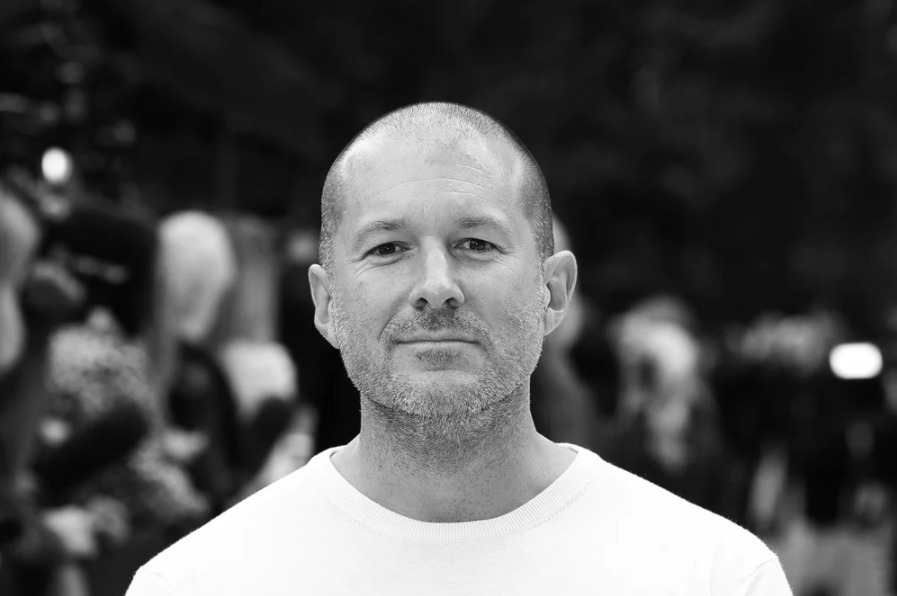Designers have social duties beyond a product's launch, says Apple's Jony Ive
A designer's obligations to the world don't end after a product ships, said Apple chief design officer Jony Ive in an interview published this week.
"There's a whole range of responsibilities. But they start with your motivation and your reason for doing things. Your values precede anything. Then I think there won't be issues, because ultimately the work we do stands testament to who we are and what we care about," Ive told the Document Journal.
"I think there's certain responsibilities that are easier to measure and easier to understand — like, for example, the environmental responsibilities, and implications of our work. That's something that we've had a really tremendous motivation [toward], for many years, but I think we lacked the understanding and expertise," he continued. The designer cited the arrival of former U.S. Environmental Protection Agency head Lisa Jackson as a turning point in Apple's green efforts.
"The much more complex responsibilities are in the realm of the social and the cultural because, by definition, if you're innovating and doing something new, there will be consequences you can't foresee. One of the most important things is where you say your responsibility is, chronologically. I don't think it ends when you ship a product. If you make something new, and there are unforeseen consequences, you have a responsibility to respond to those."
Apple has sometimes been criticized for enabling modern smartphone culture, in which people can be so glued to their screens that ignore other people or text while they drive. The company has tried to soften these concerns with features like Screen Time and Do Not Disturb While Driving, and products like the Apple Watch, but its business naturally depends on high iPhone demand.
Similarly the company's environmental efforts have been challenged as only lessening its impact on Earth. By definition the company has to use more and more natural resources to keep growing, though it may be able to slow that rate if it achieves a promised "closed" recycling loop.
 Roger Fingas
Roger Fingas











 Marko Zivkovic
Marko Zivkovic
 Amber Neely
Amber Neely
 Christine McKee
Christine McKee
 Malcolm Owen
Malcolm Owen
 Mike Wuerthele and Malcolm Owen
Mike Wuerthele and Malcolm Owen

 William Gallagher
William Gallagher








